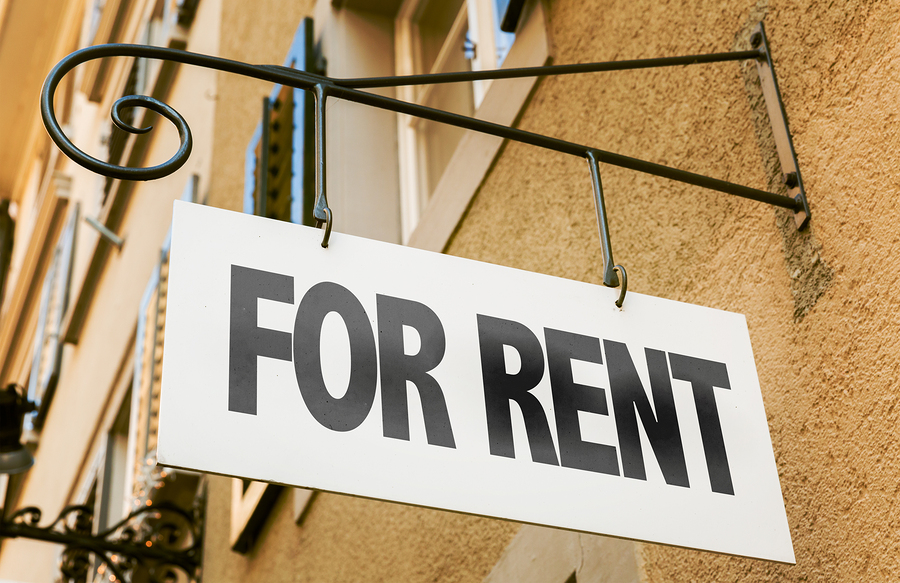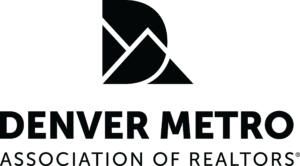
No, You’re Home Doesn’t Make a Good Rental Property
Real Estate in Denver and in Colorado is booming, and it’s been that way for a while now, probably going on 7-8 years. Many people who have bought homes during the past 7-8 years who have seen their home go up in value (on paper) may be thinking to themselves, well, maybe I should buy another home and rent out my current home. Or perhaps that first home no longer fits the bill, and a bigger home is in order, or a home in a different neighborhood or town is necessary.
Well, more and more people are becoming landlords by keeping their first home as a rental. Not only does this affect the supply of homes available for sale to would-be buyers, in many cases first-time buyers, but frankly, most of the time it is poor allocation of your financial resources and here’s why.
It didn’t pencil as a rental when you bought it
Professional Real Estate investors look at property through one lens: return on investment. This is usually measured through “cash on cash return” or CAP rate. If investors are only seeking appreciation, then they are investing in a riskier manner, i.e. speculating, and this only works in overheated, irrational, dare I say, bubble-icious markets.
To keep it simple here though: very few people purchase a home and ask themselves at time of purchase: what could I rent this home out for? If your total monthly payment was $2,000 for instance, then you’d obviously need to rent the home out for more than $2,000 to have any cash flow. But it’s not that simple. You need to factor in maintenance, vacancy, and management if you are having the property managed.
You’d have to collect significantly more than the mortgage payment to offset all your costs.
The 1% rule
As a general rule of thumb in many markets, investors use a quick 1% rule to determine the quality of an rental property investment. For instance, if you bought a house for $400,000, it would need to rent for $4,000/month for it to be a good investment. This is such a ridiculous notion in the Denver metro area. No home that was purchased in the last 10 years can come anywhere close to this figure.
Depreciation
One of the best tax benefits of buy and hold rental property is depreciation of said property using the depreciation schedule of 27.5 years. If you are going to hold rental property, you’ll want to depreciate said property on your taxes to offset profit. However, if you only hold said property for a shorter duration, you will face depreciation recapture penalties should you sell the property.
Capital Gains Exemption
To piggy back on depreciation, if you rent the property for more than 3 years after you move out, you will miss out on one of the best tax shelters available to Americans, the capital gains real estate exemption. This exemption is so powerful because the limits are quite high ($250,000 for single filer, $500,000 for married filers) and there is no income limits as to who would qualify for such an exemption. This alone should given anyone converting this primary residence into a rental pause.
Illiquidity
Unlike other investment which can be liquidated quickly electronically and for little money, Real Estate is very illiquid. It can take months to sell a home from listing to closing, and that’s in a hot market. There are many markets where it can take a year or more to sell a home. If the market starts to turn, and you want to put your house up for sale right away, you will be forced to wait for the lease to end, or you will be forced to sell your home with a tenant in it, which will limit the buyer pool to investors, and if the market is turning, they’ll be the first ones to stop buying.
Credit/Net Worth/Equity
Keeping the rental property could adversely affect your Debt to Income ratio should you want to take out another mortgage and should you suffer a prolonged vacancy of 3, 4, 6 months, this would certainly affect your net worth. While those kind of vacancies aren’t common right now, it wasn’t long ago when they were. Likewise, tapping the equity in your rental property is harder to do through a refinance or HELOC than it is if you live in that home. Once that home becomes a rental property, the lenders view it much differently and its harder to borrow against.
Vacancy is High and Rising
Due to the incredible amount of new multi-family apartment stock built during the low-interest rate era of the last 8 years, we are facing an abundance of rentals, and a slackening demand from new renters. It is not a good time to become a novice landlord.
Conclusion
Rental property and Real Estate investing is a powerful tool and a important part of any portfolio in my opinion. However, blindly converting your primary home into a rental without extensive analysis is a bad idea. In this market, it is rare when the numbers to rent your home out make sense over selling, walking away with a tax-free windfall of money to be deployed to other, better investments.




Leave a Reply